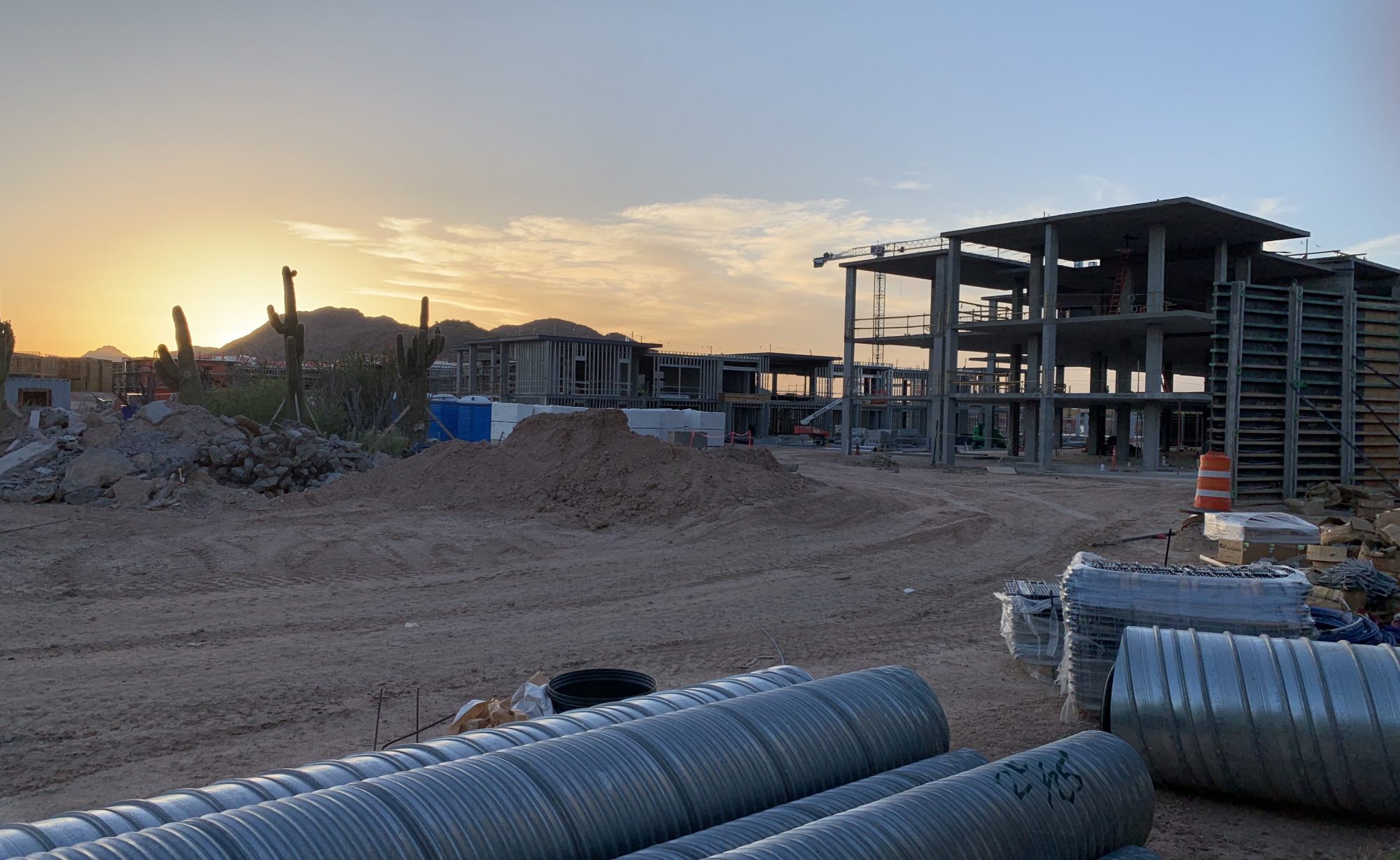 Should the construction contract you are about to enter contain an indemnification provision? What about “no-damage-for-delay” or differing site condition clauses? Or how about a waiver of consequential damages? The inclusion and scope of these types of provisions (and countless others) in any particular construction contract are things you should discuss with your attorney. Whether they are necessary or should be agreed to may vary depending on the type of project and the parties involved. There are, however, certain minimum elements that must be in every Arizona construction contract.
Should the construction contract you are about to enter contain an indemnification provision? What about “no-damage-for-delay” or differing site condition clauses? Or how about a waiver of consequential damages? The inclusion and scope of these types of provisions (and countless others) in any particular construction contract are things you should discuss with your attorney. Whether they are necessary or should be agreed to may vary depending on the type of project and the parties involved. There are, however, certain minimum elements that must be in every Arizona construction contract.
Contractors as Employers: Restrictive Covenants in Employment Agreements
With the constant emergence of new technologies/business practices and an increasingly mobile workforce, some companies in the construction industry rely on restrictive covenants in employment agreements to safeguard their competitive advantages. The term “restrictive covenants” typically encompasses contractual provisions that: (1) require information to be kept confidential; (2) limit competition; and (3) limit the solicitation of customers. The Arizona Court of Appeals recently addressed how far companies can go in restricting the competitive activities of former employees in Orca v. Noder. For an explanation of the Orca decision, please read this article that I co-authored with my colleague, Bill Klain.
Contractors Score Victory In Lien Priority Disputes
***UPDATE***
The Court of Appeals’ opinion in Weitz Co., LLC v. Heth, 314 P.3d 569, 674 Ariz. Adv. Rep. 29 (App. 2013), which is the subject of this post from January 8, 2014, was vacated by the Arizona Supreme Court on August 26, 2014. As such, the case below is no longer good law. I will be drafting a post on the Supreme Court’s opinion in the near future.
As experienced contractors and material suppliers know, actions to foreclose upon mechanic’s liens can involve lien priority disputes with lenders. Contractors and suppliers recently scored a significant victory in connection with these disputes in Weitz Co., LLC v. Heth, 314 P.3d 569, 674 Ariz. Adv. Rep. 29 (App. 2013) which struck down the doctrine of equitable subrogation in the context of mechanic’s liens. Simply put, equitable subrogation “enables a later-filed lienholder to leap-frog over an intervening lienholder.” It had previously been used in Arizona to allow subsequent lenders who supplied funds to pay off a primary lien to jump intervening mechanic’s liens and be substituted into the position of the primary lienholder.
Contractors Are Special When It Comes to Arizona’s Prompt Payment Act
 The Arizona Court of Appeals recently addressed the scope of Arizona’s Prompt Payment Act in RSP Architects, Ltd. v. Five Star Development Resort Communities, LLC, 306 P.3d 93, 232 Ariz. 436 (App. 2013). Specifically, the court was tasked with determining whether an architect performing an architectural services contract was a “contractor” entitled to protection under the Act. Consistent with the ordinary definitions of “architect” and “contractor,” the court ultimately held that the Act does not apply to architectural service contracts. But the case was not as straightforward as one might have expected.
The Arizona Court of Appeals recently addressed the scope of Arizona’s Prompt Payment Act in RSP Architects, Ltd. v. Five Star Development Resort Communities, LLC, 306 P.3d 93, 232 Ariz. 436 (App. 2013). Specifically, the court was tasked with determining whether an architect performing an architectural services contract was a “contractor” entitled to protection under the Act. Consistent with the ordinary definitions of “architect” and “contractor,” the court ultimately held that the Act does not apply to architectural service contracts. But the case was not as straightforward as one might have expected.
